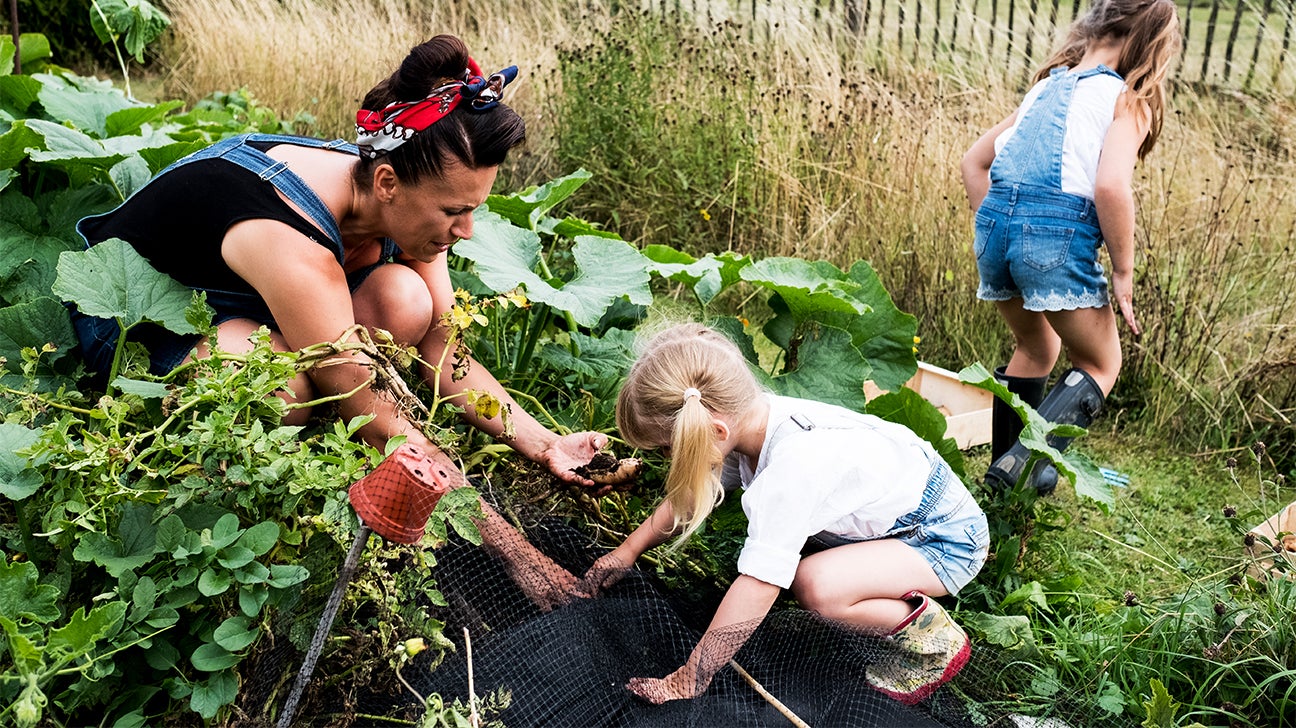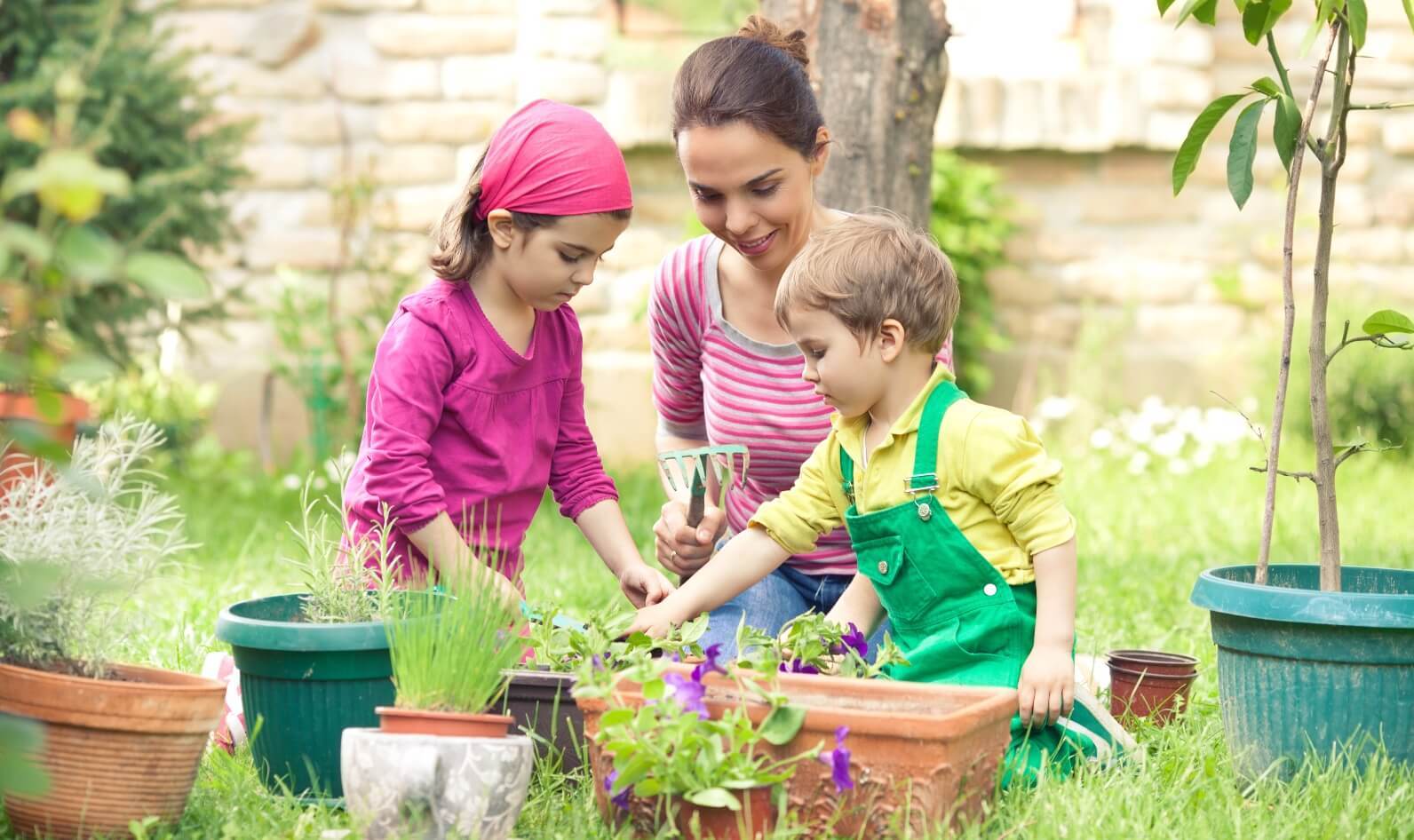Unlocking the Advantages of Gardening: A Thorough Appearance at the Various Kinds and Their Influence on Health
Checking out the multifaceted advantages of gardening reveals a range of methods that substantially enhance specific wellness. As we analyze these varied horticulture methods, it becomes evident that their influence can reverberate on personal, social, and environmental levels, motivating a closer look at just how these links create a natural story of holistic wellness.
Kinds of Gardening

Blossom horticulture, another prominent classification, stresses the aesthetic appeal of grown flowers. This type can enhance landscapes and advertise biodiversity by drawing in helpful pollinators. Herb gardening involves expanding fragrant and cooking plants, contributing both to food preparation and natural treatments.
Container gardening offers convenience, enabling people with restricted space to participate in gardening by utilizing pots and planters. This technique is particularly preferred in metropolitan setups. Increased bed horticulture, on the other hand, entails producing raised plots that enhance soil drain and ease of access, making it easier for garden enthusiasts to handle their plants.
Finally, community horticulture fosters partnership among individuals in common spaces, advertising social communication and collective responsibility. Each sort of gardening offers distinct purposes and deals with various preferences, making horticulture a flexible activity that can be tailored to specific requirements and atmospheres.
Mental Health And Wellness Advantages
Participating in various types of horticulture not only generates substantial rewards such as fresh fruit and vegetables and lovely blossoms yet additionally uses considerable mental wellness advantages. Study indicates that horticulture can be a powerful device for decreasing stress, stress and anxiety, and clinical depression. The act of tending to plants and cultivating a garden promotes a feeling of objective and success, which can enhance overall psychological health.
Furthermore, gardening motivates mindfulness, as it calls for people to focus on today minute, whether it be growing seeds or supporting development. This mindfulness practice can result in minimized rumination and boosted mood stability. The direct exposure to native environments during gardening has actually also been connected to improved cognitive functioning and lowered sensations of fatigue.
Social interaction plays an essential function in psychological wellness, and neighborhood horticulture campaigns give possibilities for people to attach with others, click here for more fostering a sense of belonging. The shared experience of gardening can cultivate friendships and support networks, additionally boosting psychological strength.
Physical Wellness Advantages
Lots of people might not realize that gardening additionally offers significant physical health advantages. Taking part in gardening tasks calls for a variety of physical activities, including bending, training, digging, and planting, which jointly contribute to better strength, versatility, and endurance. These actions can boost cardio wellness by advertising an elevated heart rate, consequently lowering the danger of heart condition.
In addition, horticulture can serve as a moderate-intensity exercise, helping individuals achieve recommended physical task degrees. Studies indicate that regular engagement in horticulture can burn considerable calories-- about 200-400 calories per hour, depending upon the intensity of the tasks done. Such calorie expense is useful for weight management and overall metabolic health.
Furthermore, exposure to sunshine during gardening can facilitate the synthesis of vitamin D, which plays a vital role in maintaining bone health and sustaining immune feature. In addition, the act of horticulture often includes dealing with dirt, which has been connected to possible psychological and physical health advantages due to the visibility of beneficial microorganisms. Gardening.
Social Connections With Gardening
The common elements of gardening foster significant social links amongst people. Area gardens, specifically, act as vibrant centers where people from diverse backgrounds come with each other, cultivating not only plants yet additionally relationships. These shared spaces encourage partnership, enabling people check it out to trade expertise, skills, and sources, therefore boosting their horticulture experience and promoting a feeling of belonging.
Involvement in gardening tasks often brings about the formation of relationships and assistance networks. Participants regularly unite for common goals, such as growing seasons, harvest parties, or instructional workshops, which enhance social ties and develop a feeling of area. Such communications can minimize feelings of seclusion and improve mental find more information wellness, as individuals discover friendship and sociability in shared undertakings.

Ecological Impact of Horticulture
Gardening significantly adds to environmental sustainability in multiple means. Home yards offer vital environments for various varieties, consisting of pollinators such as and butterflies, which are necessary for ecosystem wellness.

Additionally, yards play a vital duty in water preservation. Well-planned landscapes, including native plants and xeriscaping, lower water use and stop drainage, consequently safeguarding local rivers from air pollution.
Final Thought

In conclusion, gardening offers as a multifaceted activity that boosts well-being throughout various domain names. The diverse kinds of gardening-- consisting of veggie, flower, natural herb, container, and raised bed-- contribute to psychological and physical health, foster social connections, and advertise environmental sustainability. By taking part in horticulture practices, individuals can experience better lifestyle while likewise sustaining community bonds and environmental wellness. Eventually, the all natural benefits of horticulture emphasize its importance as an essential aspect in boosting general health.
Comments on “Leading Gardening Methods to Increase Plant Development and Health”